Build Basics: Plumbing
Plumbing in a new home can be complicated, involving much more than just running pipes and fitting radiators. You’ll need to get an engineer in at various stages of the build, to tackle tasks as varied as running guttering to testing your boiler.
Finding a plumber
Hiring a plumbing and heating engineer, with the necessary approvals to tackle a variety of tasks on site, may be your most cost effective option. It could also save time – a regular contractor will be au fait with the ins and outs of your project and might even be involved in designing the heating and water supply, so you won’t have to spend hours reiterating the details to new workers.
As with most trades, the key to finding a good plumber is to ask friends, relatives or neighbours for recommendations. If you’ve noticed any other self-builders in your area, ask them, too – most are more than happy to share the knowledge they wish they’d had before they started out!
Call in written quotes from at least three prospective contractors for comparison. Make sure you give each the same brief, and be as exact as possible – otherwise you won’t be judging them on a like for like basis. Most plumbers are used to working on hourly rates, but on a self-build or involved renovation they’re more likely to quote a price for the whole job. Payment may be in instalments at first and second fix, though consider adding a retainer into your contract for snagging at the end of the project.
Plumbers tend to operate on a supply and fix basis, which may not prove the most cost-effective option on a self-build. Try tendering your plans to a plumber’s or builder’s merchant directly and ask for an estimate of how much of each material you’ll require – from copper pipes through to ducting – and what the cost would be. At the very least, this will give you an idea of the material expense. If it’s cheaper than the quotes your engineer supplies, it may give you some room for negotiation.
Always make sure you’re dealing with a contractor who holds the requisite registrations – Gas Safe for gas heating, OFTEC for oil and HETAS for solid fuel – otherwise you’ll be putting you, your family and even your site workers at risk. Approval with the Chartered Institute of Plumbing and Heating Engineering (CIPHE) will indicate whether the contractor or company in question holds the recognised plumbing and water safety qualifications. You can check the register at the CIPHE website (see contacts box, right).
What services will my plumber provide?
The list of works your plumbing and heating engineer will tackle is vast and varied. Some tasks are more obviously within this remit than others. During the construction stage there’s the carcass pipework to take care of, for example, as well as the installation of any tanks in the roofspace, gas pipes and boilers, hot water cylinders, pipe insulation, and underfloor heating (UFH) networks and manifolds.
Your plumbing and heating engineer will often also be responsible for fitting guttering and downpipes, vent pipes to drainage systems and even for provisions such as lining flues for woodburning stoves.
Naturally, these works occurs at various stages throughout first fix. Your contractor will be on site for a significant amount of time, but not continually. There will be gaps as your build reaches certain points, and undoubtedly interludes as you wait – expectedly or otherwise – for delivery on materials, whether they appear directly related or not (guttering, for instance, won’t be put up until the roof tiles are on).
Certain build systems preclude some of the works. For example, with closed panel timber frame or structural insulated panel (SIPs) construction, services are built into the structural panels. This saves time and labour costs during first fix, but also means that you’ll have to set your heating and hot water system, plus the location of plumbed-in appliances, at the design stage.
At second fix, your heating system will be hooked up – radiators are fitted or UFH connected, and boilers coupled to the system. For peace of mind, get the heating and hot water systems pressure tested at this point and any issues resolved before the engineer fills the pipework and fires up the boiler for the first time. This stage also involves work in kitchens, bathrooms and utility areas, such as plumbing in sinks, taps, baths, WCs, and showers. Depending on how you’ve chosen to finish the room, and whether your pipework is to extrude from the wall or floor, these jobs may be completed before or after a space is tiled.
What can I do myself?
A lot of the work is achievable on a DIY basis, especially if you use plastic pipes and connectors. What’s more, some training centres, plumber’s merchants and DIY stores offer short courses to help brush up skills. Nevertheless, most self-builders prefer to leave first fix to the professionals and simply keep an eye on progress through their project manager.
Pick your battles and you could reach the self-builder’s holy grail of reducing your final spend while expanding your skillset. It is possible for the layman to run gutters, for example – seek advice from your supplier, roofer or a friendly plumber to ensure you’re meeting Building Regulations. But remember it could be quite a risk to attempt work you’re not fully capable of completing. Weigh up the money saving benefits against safety and the likelihood of costly mistakes. In any case, only suitably-qualified persons can tackle certain tasks, such as working with gas boilers and their relevant pipework.
Self-builders are more likely to get involved with familiar jobs at the second fix stage. You might have had your engineer run water pipes almost to their final positions, for instance, ready for you to make the final connections when installing sanitaryware. Again, get guidance to make sure your methods and the finished result will satisfy the requirements of building control.
What about renewables?
Eco technologies such as ground source heat pumps, solar thermal and biomass boilers can involve distinct design and installation knowledge. Though some plumbing firms have expanded into these areas, it’s more usual to work with a specialist company or a supplier-approved contractor.
If you want to take advantage of the upcoming Renewable Heat Incentive (RHI) – which will pay flat rates for generation according to your system and an estimate of how much heat it will produce – you must use MCS certified equipment and installers.
The domestic RHI is due to launch in June 2011, but any renewable heat generation system installed after 15th July 2009 will be eligible for the tariff provided it meets the criteria. The exact payment levels and qualifying standards are still under consultation – find out more at www.decc.gov.uk.

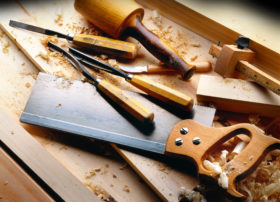


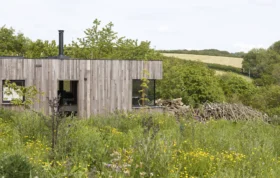
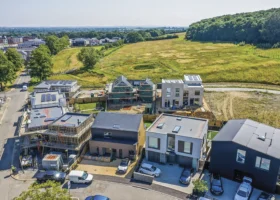
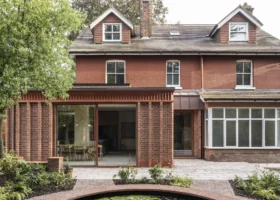
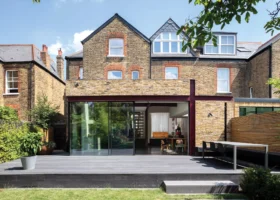
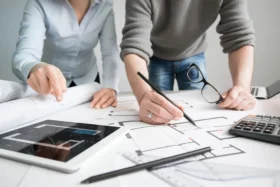
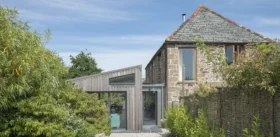


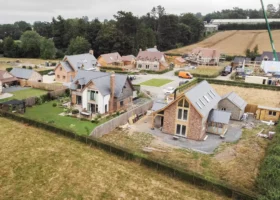

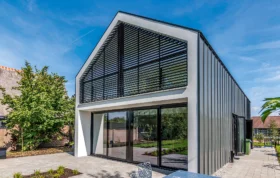

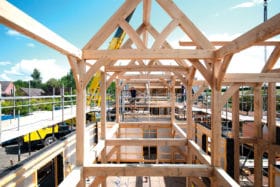
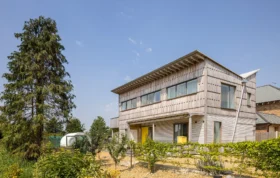
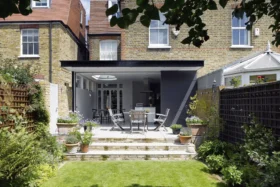
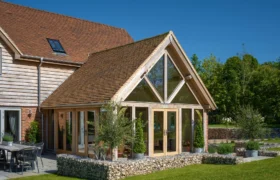
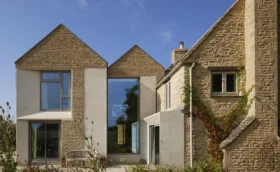
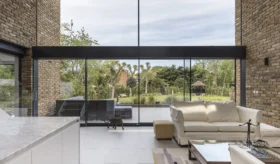

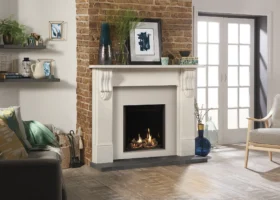

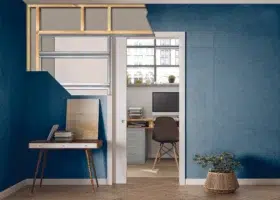









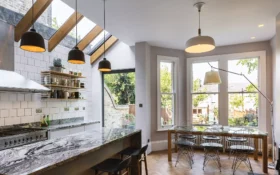
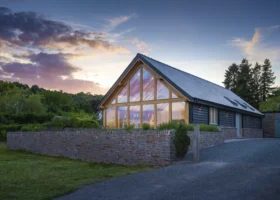



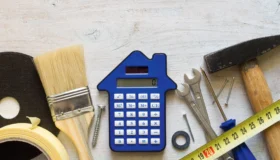

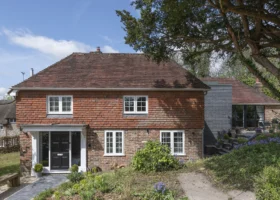
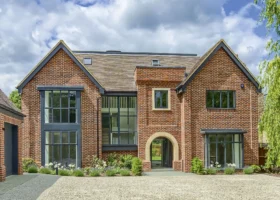
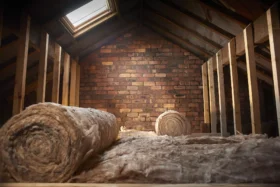
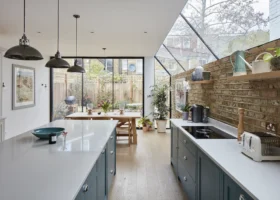
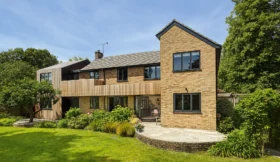

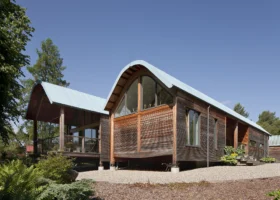

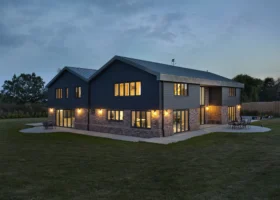
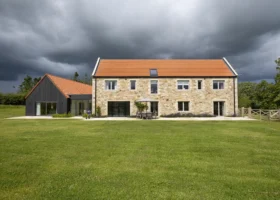
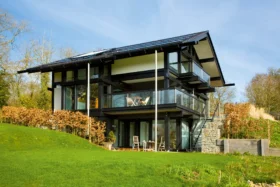


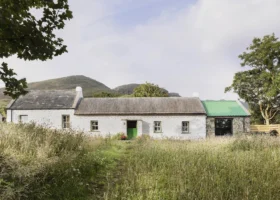
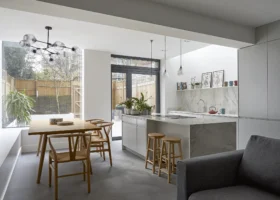

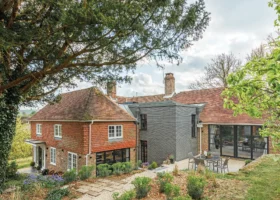
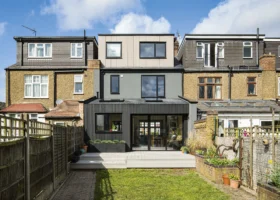
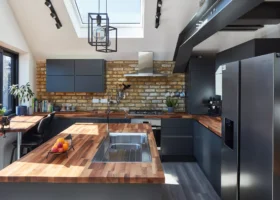
















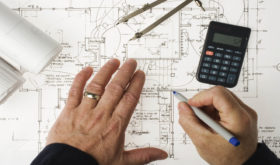




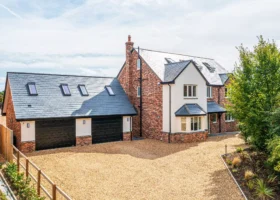
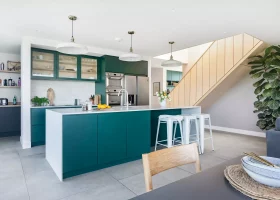

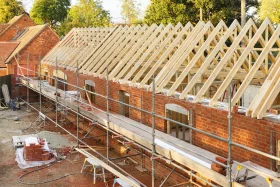









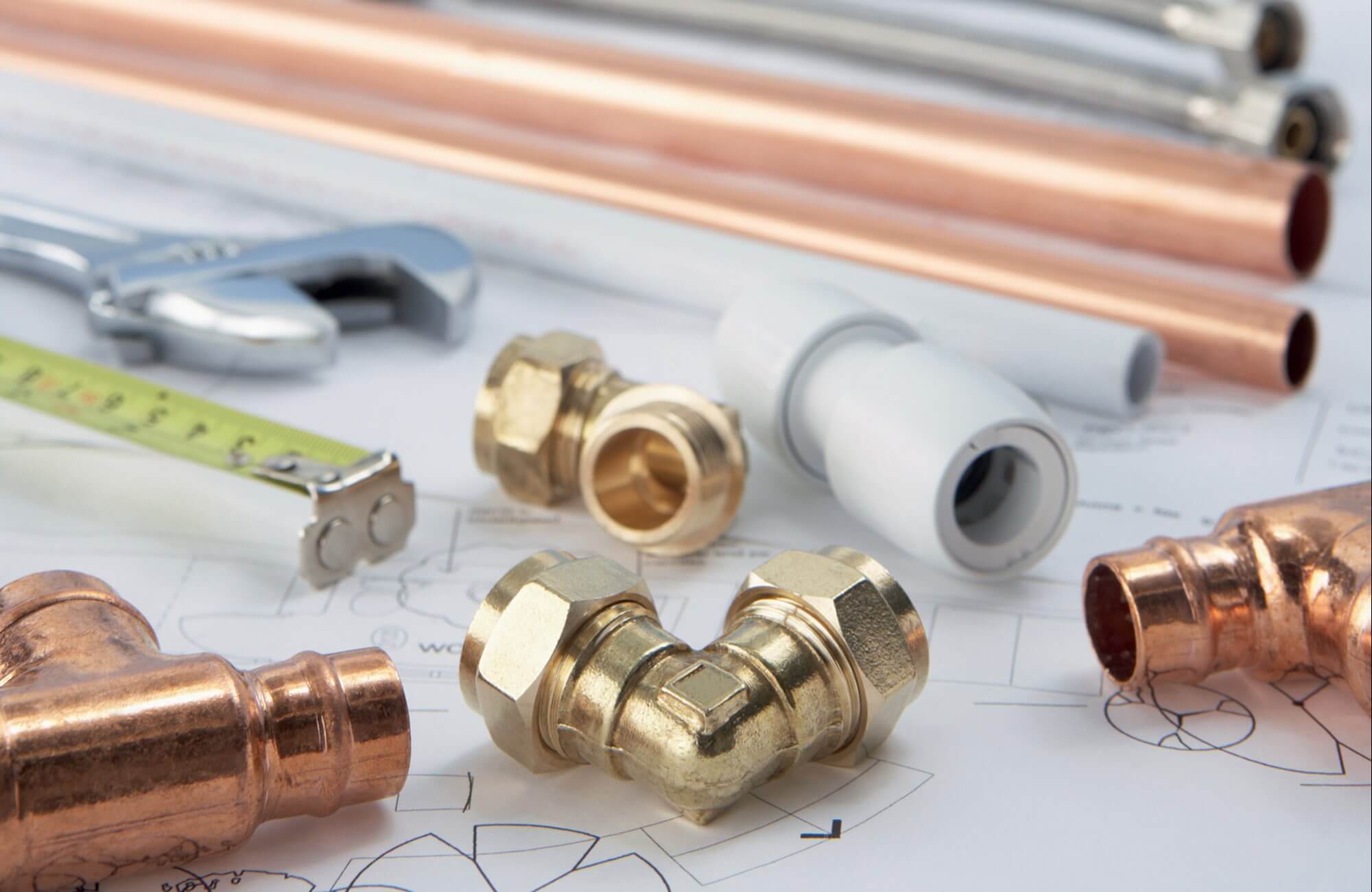
 Login/register to save Article for later
Login/register to save Article for later

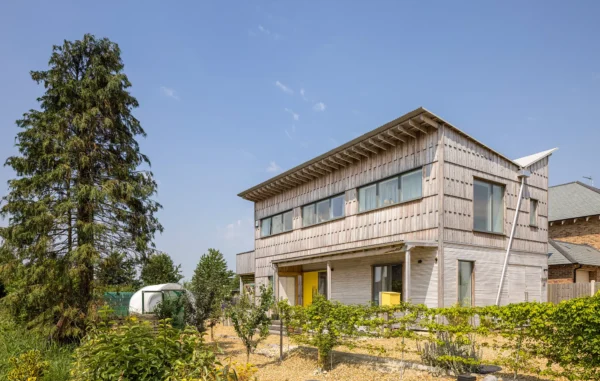
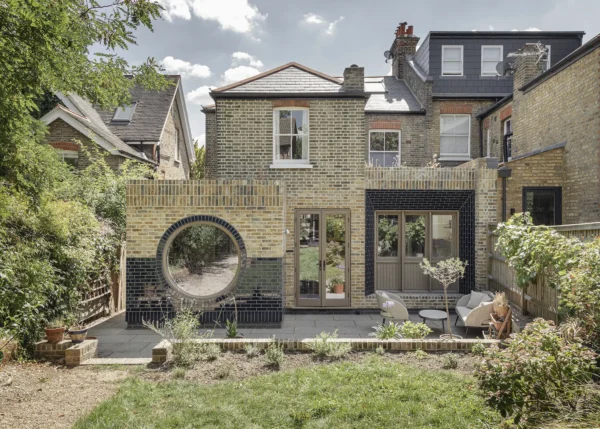
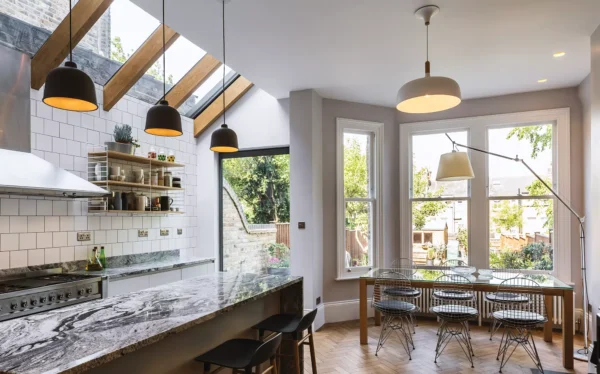

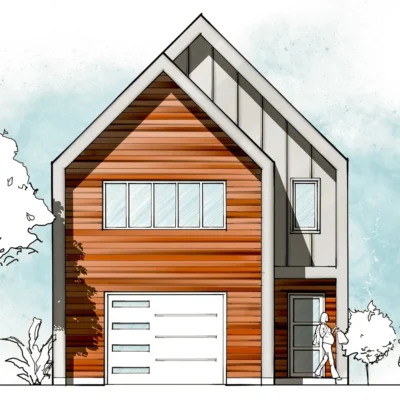

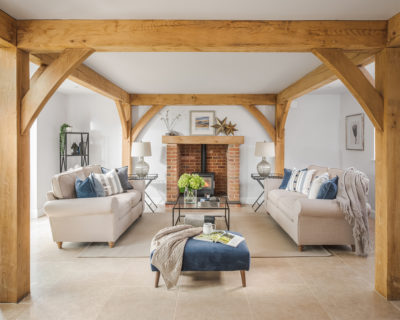





Comments are closed.